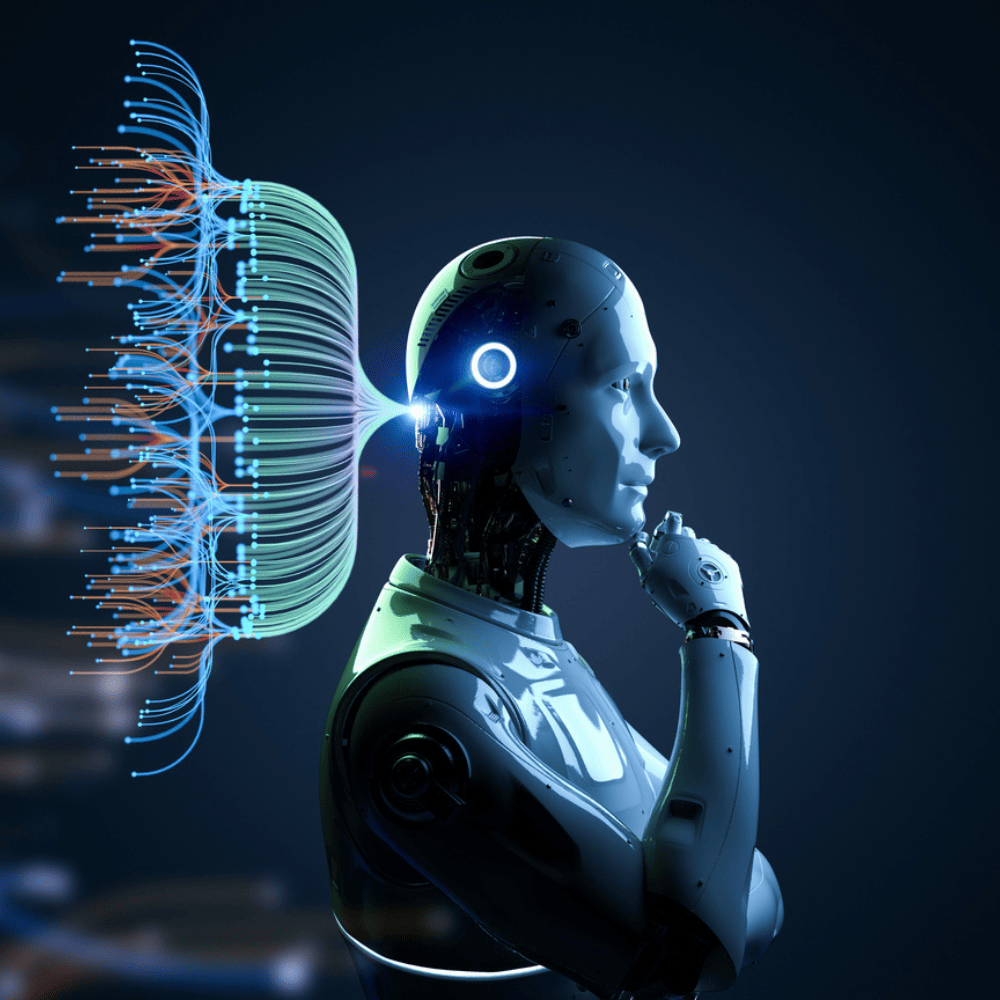
In a world where AI technologies like ChatGPT are becoming increasingly integrated into our daily lives, it’s only natural that they’re finding their way into education as well. Kids and teenagers are drawn to the potential of AI for various tasks, including schoolwork. This growing trend raises intriguing questions about the role of AI in education and how it might reshape the way students learn. The intersection of AI and education is a topic that’s both exciting and challenging, as educators, parents, and students navigate this new landscape together.
The AI Revolution in Education
AI technologies like ChatGPT have swiftly captured the attention of educators, students, and parents. Designed by the OpenAI research lab, ChatGPT is just one of many AI-powered text generators that have taken the world by storm. With its ability to produce essays, answer questions, and engage in conversations, it has sparked discussions about its potential role in education.
Reimagining Learning With AI

As ChatGPT and similar technologies gain traction, educators are pondering how they’ll impact the traditional ways of teaching and learning. While some worry about the temptation for academic dishonesty, others view AI as an opportunity to reshape education for the better. The potential benefits are numerous, from personalized learning experiences to enhanced creativity in assignments.
Embracing AI as a Learning Tool
Educators like Lillian Gilbert, an AP English teacher, recognize that AI tools are not the enemy of traditional teaching methods. Instead, they can be harnessed to enhance learning experiences. Gilbert has already incorporated ChatGPT into her classroom activities, encouraging students to analyze AI-generated responses critically. She believes that AI technology can foster critical thinking skills and innovative approaches to education. While the challenges of AI-driven education are evident, so are the opportunities for enhancing learning experiences.
AI’s Ethical Landscape
As AI technologies like ChatGPT become a staple in education, they invite both excitement and caution. The integration of AI into education raises ethical considerations. Jonathan Meer, a professor studying the economics of education, points out the blurred line between using AI assistance and academic dishonesty. As students and educators navigate this new terrain, they must discern the ethical boundaries and responsibilities associated with AI tools. The evolving relationship between AI and education presents a unique opportunity for educators, parents, and students to engage in meaningful discussions about technology, ethics, and the future of learning.